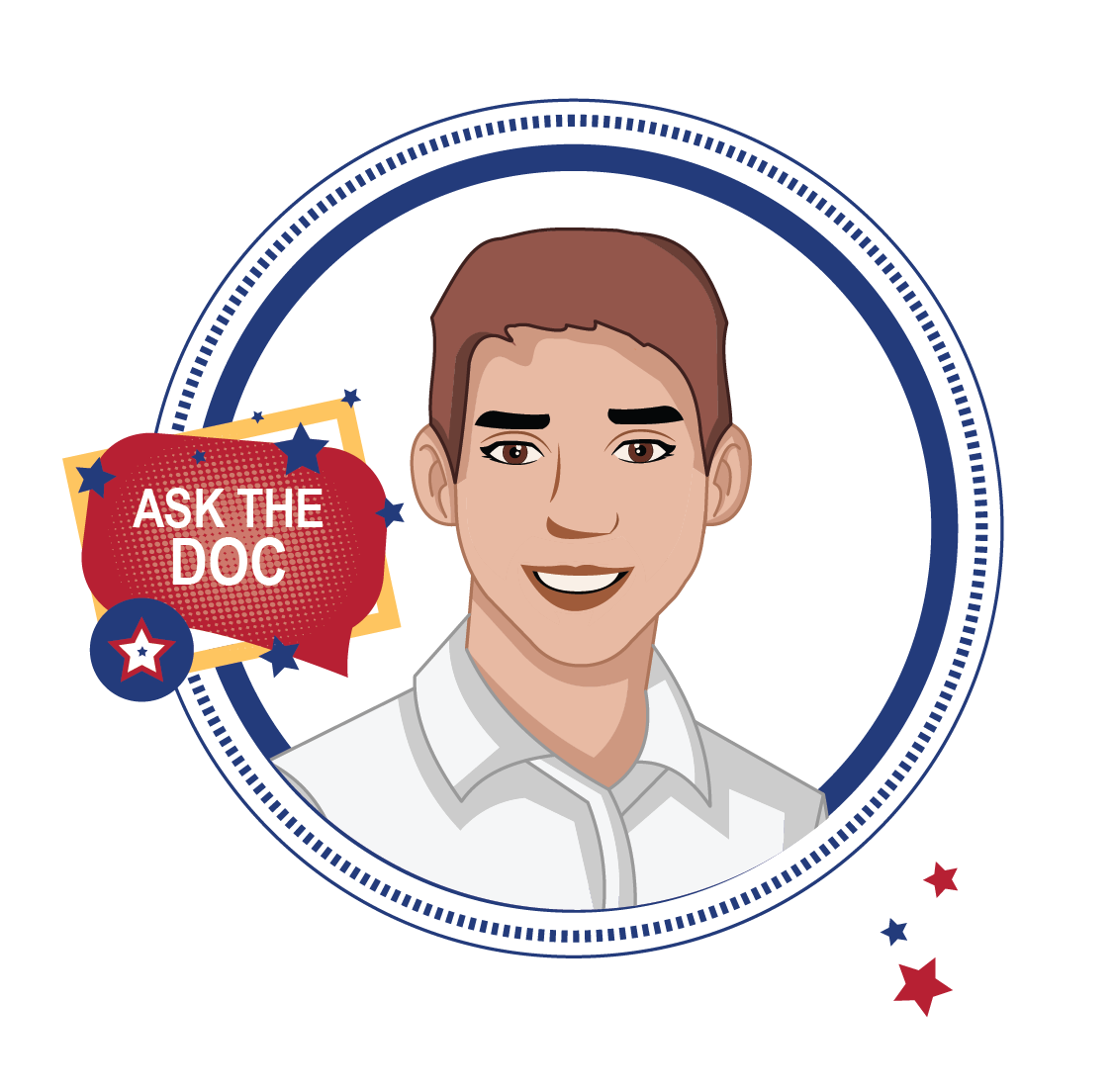Dear Doc: I consider myself pretty lucky. I'm in my late 20s and I've never had any eye problems to speak of. I have 20/20 vision and I've never worn glasses. But...the Air Force tells me to protect my eyes and I'm not exactly sure what that means.
Do you know anyone who can give me some solid advice on the best options for eye protection? What should I be wearing at work or on the flight line? What should I be wearing out in the sun? I know I have a lot of questions, but I just want to protect myself as best as possible. Thanks in advance, Doc!
-Eye Need Answers

Dear Eye: First, let me say that protecting a service member's eyes is vital to operational readiness and mission success. That being said, e>ye (excuse me, I) reached out to Dr. Michael Pattison at the Vision Center of Excellence here at Defense Health Agency Headquarters in Falls Church, Virginia, and here are his thoughts:
When performing any task, whether at work, home or play, we are advised to do a risk assessment which includes the determination of whether it is important to wear appropriate eye protection. As an example, on a flight line, you are exposed to flying debris, heat, exposure to ultraviolet light from the sun and, depending on the tasks, other potential risks such as chemical injuries from fuel and other agents.
Each day, about 2,000 U.S. workers sustain a job-related eye injury that requires medical treatment, with more than 100 of these injuries resulting in one or more days away from work. In 2019 alone, military personnel reported 9,702 eye injuries according to the Tri-Service Vision Conservation and Readiness Program at the Army Public Health Center.The most important thing to remember, according to Prevent Blindness America, is that the simple act of wearing proper eye protection can prevent 90 percent of these injuries.
Everyone from commanders to the individual worker have key responsibilities that need to be met to prevent mishaps. The service member, their supervisors and safety personnel must understand the risks by analyzing the job tasks and determine the type of protection required. To determine if there are specific requirements in place at your
site, it is beneficial to start with asking your supervisory and safety personnel about what is required for your position.
>Nonprescription and prescription safety glasses provide eye protection for general working conditions where there is a risk from things like dust, chips or flying materials. In addition, side-shields and goggles, which also protect the eyes from chemicals, can provide additional protection if needed.
When purchasing eye protection, it is important to know that you should only purchase eyewear that have the ANSI Z87.1 logo on them. In addition, the military has the Authorized Protective Eyewear List which are marked "APEL" and should be available from your unit if required or at your local Exchange. APEL approved items meet higher levels of ballistic fragmentation protection and also provide ultraviolet light protection for work outside.
The bottom line is to remember that it only takes one incident to result in loss of vision. Understanding the hazards in your environment at work, home or while playing, and wearing the appropriate eye protection that are in good condition is essential to protecting your eyes and making sure they’re available for you to use for the rest of your life.
Eye, this should help you out, whether you're going through your command or heading to the Exchange for something that might be stylish, but also provides you the maximum protection possible. Keep an eye out for the ANSI Z87.1 and APEL logos and you should be good.
As a doctor, I can't thank you enough for being proactive. As a result, you could very well be preserving that perfect vision of yours for years to come.
Take care (of your eyes) out there!